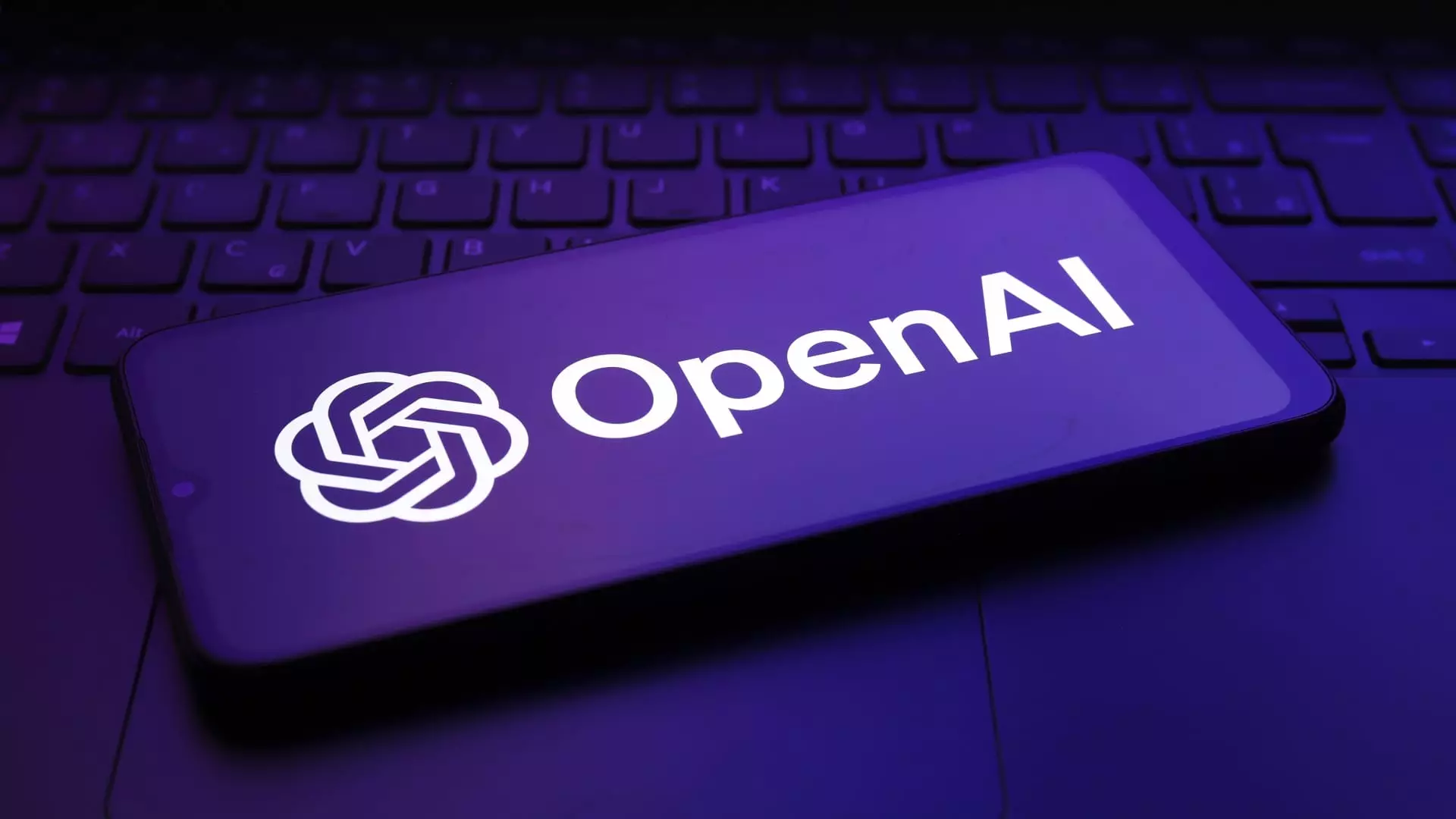The untimely death of Suchir Balaji, a 26-year-old former researcher at OpenAI, has cast a shadow over the ongoing discourse surrounding artificial intelligence and mental health. Found deceased in his San Francisco apartment, Balaji’s demise is classified as a suicide, according to official sources. He had left OpenAI earlier this year and had been vocal about serious concerns regarding the ethical implications of AI technologies like ChatGPT, particularly in terms of copyright infringements. This incident serves not only as a stark reminder of the personal battles that often accompany professional endeavors but also opens a broader conversation about the mental toll that such ethical dilemmas can impose on individuals.
Balaji’s criticism of OpenAI was centered around a fundamental issue: the potential for AI systems to undermine the livelihoods of content creators by exploiting their work for data training. He felt strongly that companies like OpenAI were not only violating copyright laws but were also steering the industry in a direction that could lead to substantial harm for those who rely on their intellectual property for income. In an interview with The New York Times, he expressed the urgency of re-evaluating one’s position within an organization that does not align with personal ethical standards, suggesting that individuals might be compelled to leave when faced with such moral conflicts.
This raises poignant questions about the responsibilities of tech companies towards their employees and the wider community. As enterprises that wield enormous influence over societal norms and values, they have a duty to foster an environment where ethical practices are prioritized. However, the relentless pace of innovation and competition often propels organizations into the gray areas of legality and ethics, leaving employees like Balaji feeling isolated in their convictions.
Balaji’s tragic death elucidates the urgent need for mental health support within high-pressure industries. The tech sector, notorious for its demanding work culture, can exacerbate feelings of anxiety and helplessness, especially when one’s values clash with workplace practices. Balaji’s concerns weren’t just professional; they were deeply personal and stemmed from a fear that technological advancements could potentially devalue human creativity.
OpenAI’s response to the tragedy highlights their grief but also underscores the ongoing challenges faced by organizations dealing with the ethical implications of their technologies. They have been embroiled in legal disputes concerning copyright issues with various authors and publishers, which only adds to the complexities and pressures on individuals within the company.
Looking Ahead: A Call for Ethical Leadership
In the wake of Suchir Balaji’s death, a critical evaluation of how technology firms address ethical concerns and the mental health of their employees is imperative. OpenAI, along with others in the field, should prioritize fostering open dialogues surrounding ethical matters and mental health support systems.
Balaji’s death is a tragic reminder of the high stakes involved in the development of AI technologies, as well as the potential human costs of neglecting mental health and ethical responsibilities in tech work environments. It is crucial to take action to prevent similar tragedies and create a supportive framework that prioritizes ethical integrity and mental well-being in the fast-evolving landscape of artificial intelligence.


Leave a Reply